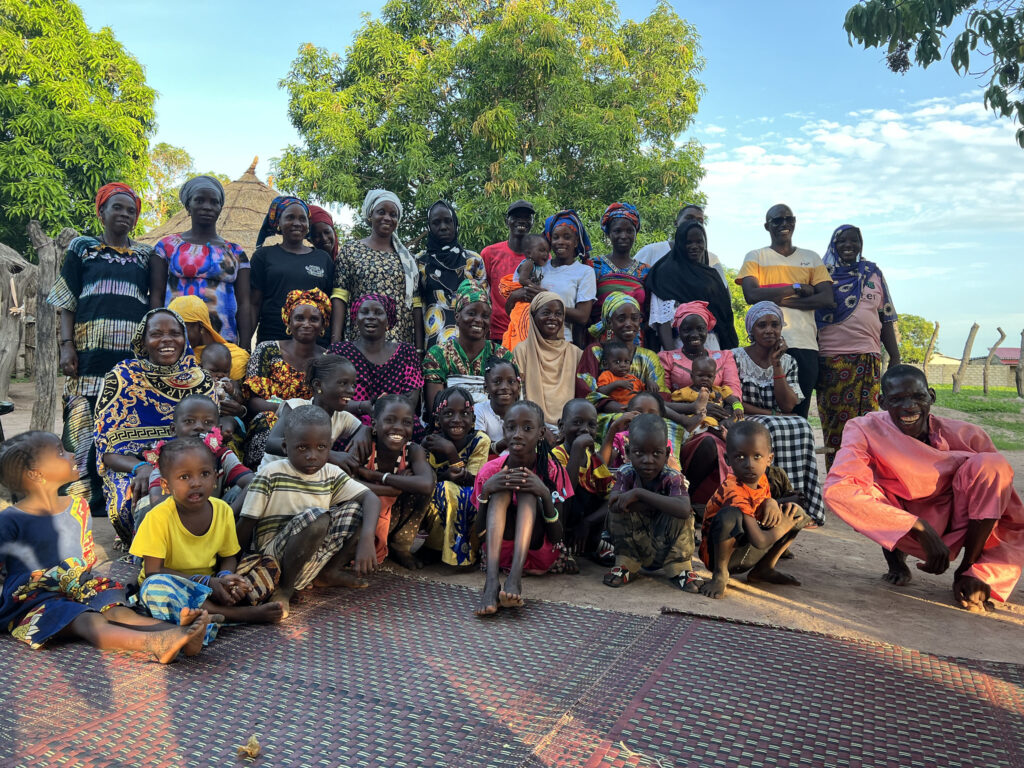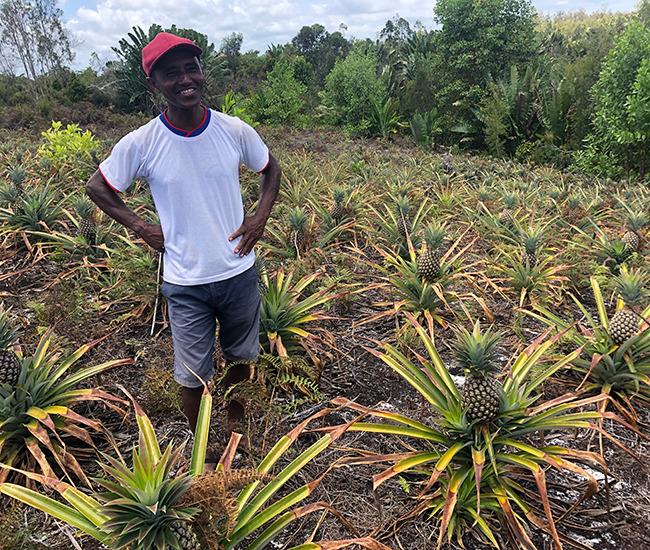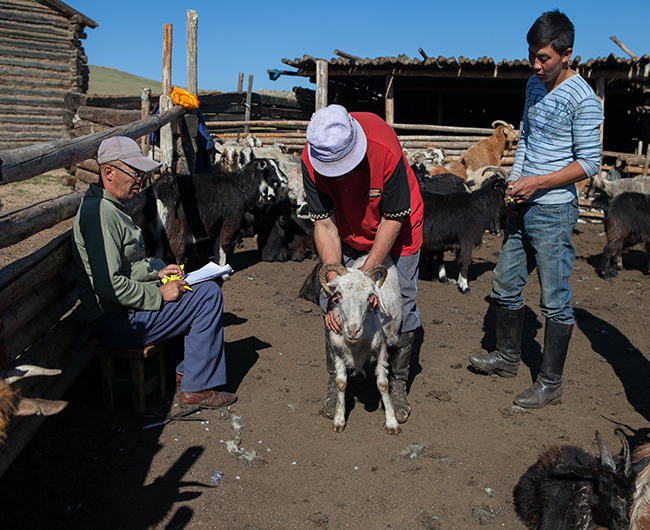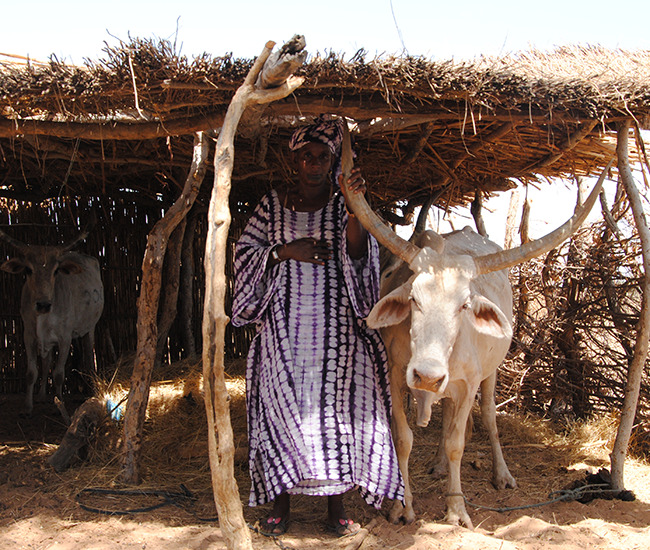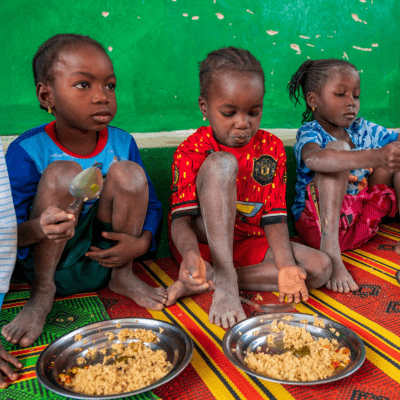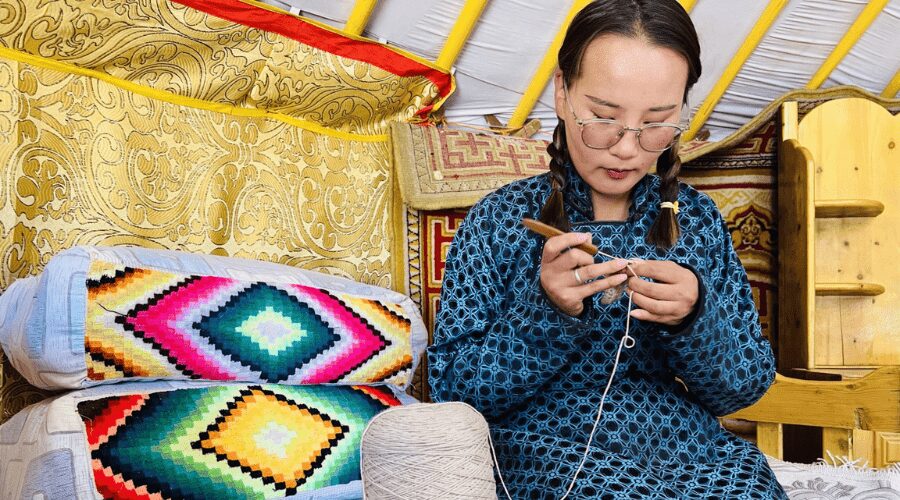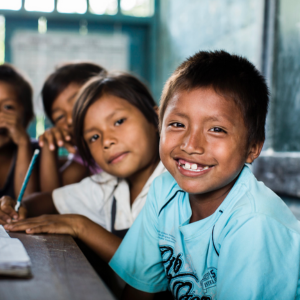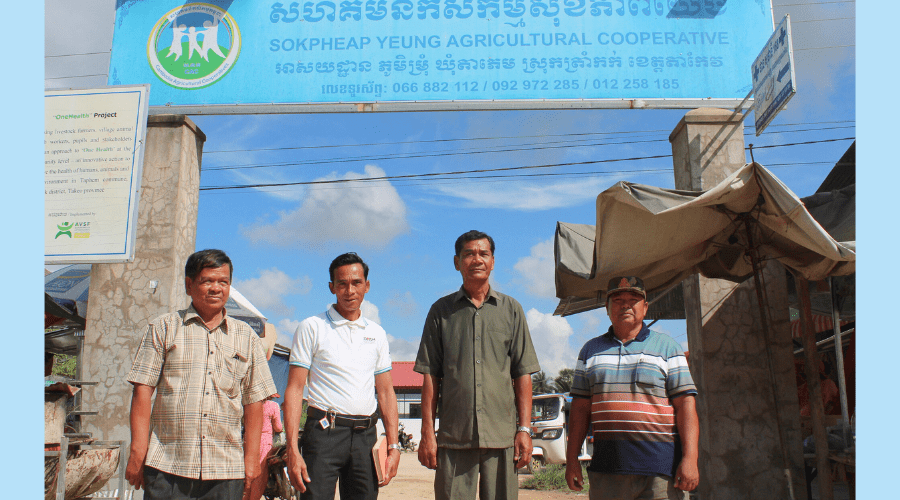For AVSF, Katia Roesch, Agroecology and Climate Change Programme Officer
In every country in the world, men and women farmers are testing methods and practices of cultivation and breeding, alone or collectively, sometimes accompanied by external organisations. These experiments and innovations enable them to adapt to changes in their environment and improve their practices, production and income. They are trying to find solutions to the ever-increasing problems of soil fertility loss, pest and disease management, water shortages, market competition and so on.
Supporting local initiatives
AVSF has made support for the agro-ecological transition of agriculture in the South, one of the priorities of its commitment. As part of this commitment, it has changed the way it provides support for local innovation rather than transferring techniques and disseminating “good practice”. This is how we support farmers’ organisations in setting up farmers’ field schools in Togo and Senegal, multi-local experiments in Côte d’Ivoire, farmers’ competitions in Central America, agro-ecology farmers’ schools in Ecuador, farmers’ farm schools in Madagascar, etc.
AVSF also promotes exchanges between peers from different territories, countries or continents, to promote and disseminate these innovations, both technical and organizational.
Innovation strategy
Studies carried out by AVSF in 2019 and 2022 have shown that, while development programmes recognize the importance of effective participation by farmers in their implementation, too few transfer real decision-making power to them, particularly over the choice of priority issues to be addressed. AVSF therefore encourages local groups and farmers’ organisations to better understand and take into account their perception and analysis of their own situation, thus placing support for the emergence of collective solutions at the heart of its intervention mechanisms. To achieve this, we need to change the approach adopted by development workers, moving away from a dissemination-based, simple training approach to one that focuses on stimulating exchanges of know-how between farmers and their analytical skills, while making the most of the latest scientific knowledge, whether technical, social or organizational.
In 2024, AVSF is launching an evaluation to learn from the diversity of its support systems. An exchange and training workshop will help to improve team practices so that we can better design and implement support systems that meet the training, experimentation and innovation needs of the farmers supported in the various projects. With a single objective: to work closely with farming communities to develop innovative agro-ecological practices, which are essential to the creation of fair, efficient and sustainable farming systems.
